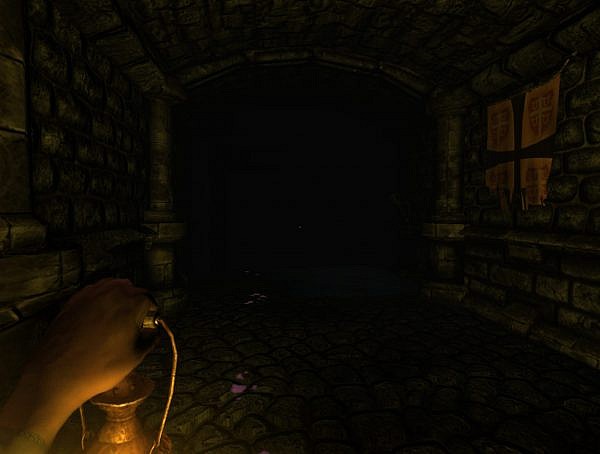In the article “This Action Will Have Consequences”: Interactivity and Player Agency, Sarah Stang investigates the much-debated concepts of interactivity and player agency in video games. Stang challenges the notion that games are inherently interactive experiences and argues that player agency in-game is illusory. She examines two case studies—the games BioShock and The Walking Dead—to dig into the connections between interactivity, player agency, and morality. While these games appear to offer players meaningful choices with far-reaching consequences, they ultimately fail to deliver what is advertised. Stang proposes that real interaction might not lie between player and game, but players and game developers collectively.
In her search for the true domain of player agency, Stang brings up the idea that video game interactivity is perhaps to be felt rather than observed. She brings up thoughts from researchers, for example underlining points regarding the inherently limited interactivity of games. Games are bound by controls, controllers, platforms, and rules, which would mean that interaction could only exist on the surface. Players operate within set, scripted environments, and thus only react to what is presented. There is meaning to be found in games, but, because of this conflict, no real interactivity.
When discussing the development of interactive video games, Stang describes the problem where game developers advertise meaningful choice. Because games cannot be truly interactive, developers often fall into propagating the lie. This might not be purposeful, but nonetheless feeds into the misguided notion of inherent interactivity in video games.
To investigate further, Stang takes a deeper look at two games. BioShock, released by 2K Games in 2007, is a game which supposedly lets players affect its outcome by making ethically heavy choices. Even though agency was advertised as a core element, ultimately the player’s choices do not matter. Despite broken promises, BioShock was hugely popular, and guided discussion towards the idea that playing games might be more about a combination of “control and lack of control”, rather than solely one or the other.
Another game Stang uses to examine the subject is the 2012 game The Walking Dead by Telltale Games. The player is able to make choices that seemingly matter, resulting for example in different fates for certain characters. The ultimate ending is not heavily affected, but players do get a sense that their actions matter, magnified by statistics about the choices others have made. Stang posits that while the meaningfulness is only a belief and an illusion, it is extremely strong as such, and only possible with the video game medium.
Stang concludes by introducing “an alternative kind of agency.” Agency in video gaming should not be looked at only within the games themselves and the players playing them, but more collectively. Players’ interpretation of games is not to be overlooked since actual agency is contained therein. Some game developers have even changed their games following community outcry. While changing other types of media—films, books, TV—sounds a bit absurd, games are different. Thus, true player agency in the gaming world might not be found in-game, but rather the communal conversation between players and developers.
Picture: “Official Screenshot.” Contributed by firefang9212 (https://www.mobygames.com/user/sheet/userSheetId,269253/) https://www.mobygames.com/game/walking-dead/promo/promoImageId,124902/
Stang, S. (2019). ”This Action Will Have Consequences”: Interactivity and Player Agency. Game Studies, 19(1). http://gamestudies.org/1901/articles/stang
You might also like
More from Game Research Highlights
How do you want to do this? – A look into the therapeutic uses of role-playing games
Can playing RPGs contribute positively to your wellbeing? A recent study aims to find out how RPGs are being used …
Eldritch horrors and tentacles – Defining what “Lovecraftian” is in games
H.P. Lovecrafts legacy lives today in the shared world of Cthulhu Mythos and its iconic monsters. Prema Arasu defines the …
Are Souls Games the Contemporary Myths?
Dom Ford’s Approaching FromSoftware’s Souls Games as Myth reveals the Souls series as a modern mythology where gods fall, desires …















